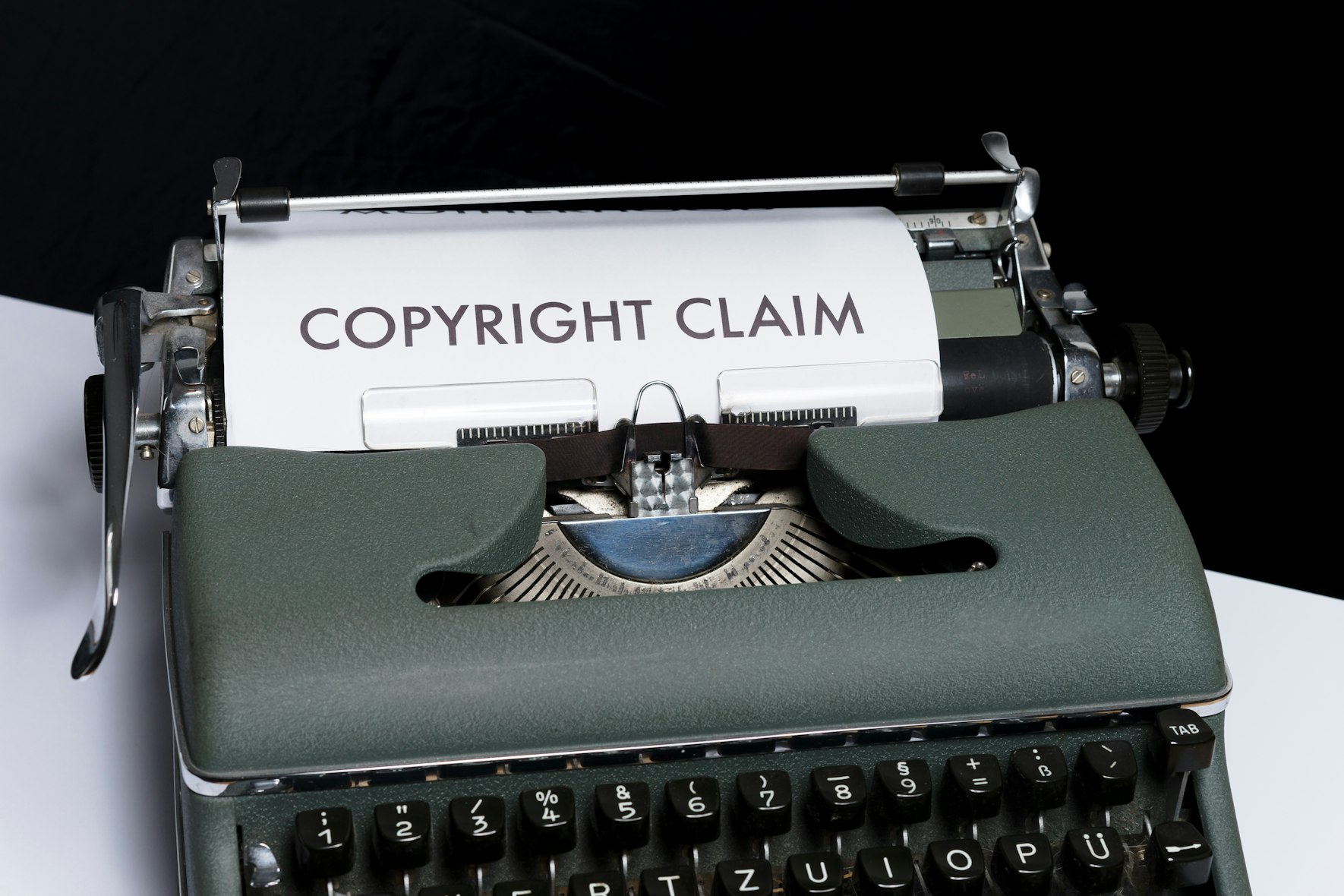In Bangladesh the victims of rape face harassment in every step. Due to our social structure or in fear of further torture most family tries to conceal such heinous crime. According to the transition of our society the type of rape and the causes behind those are also changing. To combat this the issue of relevant laws and policies also come forwardwith the necessity of changes in our social outlook.
In the most cases money is offered to the victim's family and
to the big guns of the locality or they give marriage the victim with the rapist
Normally we understand, when a man has physical relation with a woman against her will that is called rape. But laws and legal procedures of our country are not so simple. Over that the issue of social stigma is there. The laws those generally deals with the provisions regarding rape in our country are 1) The Penal Code, 1860, 2) Nari-o-Shishu Nirjaton Daman Ain, 2000 (amendment-2003), 3) The Code of Criminal Procedure, 1898 and 4) The Evidence Act, 1872.
The Constitution of Bangladesh also guarantees equal rights for both men and women in all spheres of state and public life. Some of the articles in the Constitution are firmly patronizing towards women rights. Such as:1) The State shall not discriminate against any citizen on grounds only of religion, race, caste, sex or place of birth-Article 28 (1). 2) Nothing in this article shall prevent the State from making special provision in favour of women or children or for the advancement of any backward section of citizens- Article 28 (4). 3) The State shall endeavor to ensure equality of opportunity and participation of women in all spheres of national life-Article 19 (3).
Bangladesh has also signed some international Covenants such as 1) The United Nations Universal Declaration of Human Rights, 1948. 2) The Convention for the Elimination of All Forms of Discrimination against Women (CEDAW), 1979. 3) Beijing Platform for Action (BPFA), 1995 etc.
In spite of having constitutional protection, international Covenants and many domestic laws relating to violence against women, many of them are being victim of rape every year. According to the statistics of Ain O Salish Kendra from 2000-2014 total 11,313 women have become victim of rape. But the real picture is even more alarming because many incidents of rape remain unreported. Victim's family do not file case either in fear of social stigma or due to threats and pressure from the accused party.
There is no specific data about the conviction rate in cases of rape. Butr statistics form a research project, implemented by Brac University's School of Law, on”Legislative Inconsistencies and Reasons Behind Low Conviction Rate In Violence Against Women (VAW) Cases”shows that from 2009 to 2014, the overall conviction rate of the Nari-o-Shishu Nirjaton Daman (Women and Children Repression Prevention) Tribunals of Dhaka, Comilla and Pabna was only 0.86 percent. This means, no one was convicted in 99.14 percent cases.The study also says the number of rape cases filed is the lowest but has high conviction rate than other violence against women.Filing of false cases, Lack of evidence, Out of court settlement, Weak Police Investigation, Case backlog, Technicalities of Law, Dissatisfactory role of Prosecution lawyers are the main reasons behind such low rate of conviction.
It is true that many false cases are filed for harassment under Nari-o-Shishu Nirjaton Daman Ain, 2000 (amendment-2003). But it is also true that chastity is the most valuable think to a woman in this worldly life. So the chance of false allegation of rape is rare from a clean woman.
Most of the rapists escape conviction in rape cases due to lack of evidence. In many rape cases the victim is the sole witness. In that case her evidence is very important. But a key barrier relating to such witness is the ?character evidence? in rape cases under Section 155(4) of the Evidence Act 1872.This provision states that “when a man is prosecuted for rape or an attempt to ravish, it may be shown that the prosecutrix was of generally immoral character.” The introduction of ?character evidence?, which attempts to show that a person was 'immoral' is humiliating and degrading for the survivor. It also actively deters survivors from reporting rape. It results in a legal and moral anomaly where a woman who is alleging a rights violation is compelled to prove her 'good character' in order to secure justice. This burden placed upon a rape complainant discriminates against her in two ways: i) by subjecting women to a double standard based on their gender and ii) such a burden is not placed upon a complainant in any criminal offence other than rape.
Again medical examination of the victim is another fact which must be done as soon as possible. In most cases victim damages most of the evidence which could have been found on her body and dress by bathing and washing the cloths. So a victim must be sent to the nearest hospital for treatment and medical examination. The one-stop crisis centre in such cases, which was formed in 2001 to provide medico-legal assistance for victims of physical and sexual assaults has important role to play. The OCC provides with health care, police assistance, DNA test, social services, legal assistance, psychological counselling and shelter service etc. So proper functioning OCC must operate in every government hospital.
In rural and remote area out of court settlement are made in many rape cases. In most cases money is offered to the victim's family and to the other big guns of the locality or they give marriage the victim with the rapists. Which only encourages others to commit such crime.
The role of both police and prosecution is critical in such cases. They must complement each other. The police needs to investigate, collect witness and other evidence with due care. The prosecution also must present their case strongly to bring the culprit to book. They must operate such case with integrity and honesty.
With amendment of relevant laws and policies change in social notion is also required to ensure a rape free society. If the society changes then police, prosecution, judiciary and all other national mechanisms will bound to change.
━━┅━━━┅━━
Copyright: Any unauthorized use or reproduction of Bangladesh Law Digest (BDLD) content for commercial purposes is strictly prohibited and constitutes copyright infringement liable to legal action.













